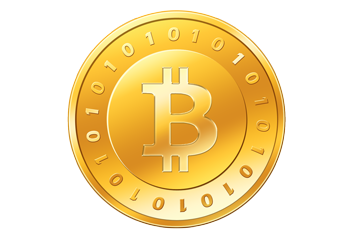BitCoin Exchange Sued For Fraud

Bitcoinica got raided by hackers and couldn’t pay its customers
Four former customers have sued the virtual currency exchange Bitcoinica, claiming that it owes them $460,457 (£293,080) in funds they previously deposited.
Bitcoinica was hacked twice in 2012, with attackers stealing over $177,000 worth of BitCoins. The website ceased operation in May, but continues to accept claims for repayments.
BitCoins are an unregulated, untaxed and untraceable Internet currency that allows direct peer to peer transactions. Sites exchanging bitcoins have proved vulnerable, prompting a fall in value for the currency.
Daylight robbery
BitCoins are a decentralised virtual currency commonly used online among people interested in keeping their transactions secret. It is not tied to any real money, but traded on an electronic exchange to establish its value. BitCoins have generally hovered at a price of around $14 to $17 (£9 to £11) per unit.
 According to The Verge, Bitcoinica was launched by Zhou Tong, who claimed to be a teenager based in Singapore. In March, the website announced that hackers had stolen 43,554 BitCoins, worth $87,000 at the time. Administration of the currency exchange promised a full refund to all users.
According to The Verge, Bitcoinica was launched by Zhou Tong, who claimed to be a teenager based in Singapore. In March, the website announced that hackers had stolen 43,554 BitCoins, worth $87,000 at the time. Administration of the currency exchange promised a full refund to all users.
Instead of paying up, the owners sold Bitcoinica to UK-based exchange Intersango. Ten days later, the service was hacked again — this time, hackers made off with 18,547 BitCoins, which were worth about $90,000 at the time.
Shortly after the attack, Intersango closed the platform to “improve security”. The customers were once again assured that most of their money was safe, and that hackers stole from Bitcoinica, and not its users. In case of withdrawals, a note on the website promised a 50 percent refund first, and the remainder later.
However, four Bitcoinica users weren’t satisfied with getting just half of their money back, and turned to the Superior Court of California in San Francisco. They have filed a lawsuit which accuses Bitcoinica and Intersango of breach of contract, negligence, and conspiracy to “hinder, delay and deprive Plaintiffs of their rights in respect to the monies at issue”.
However, as mentioned in the court summons, the victims don’t even know if the names of Bitconica staff are real or just aliases, so this case might forever serve an example of how people shouldn’t hand their money over to anonymous operators.
Last year saw another BitCoin exchange hack, the victim being Japanese Mt.Gox website. While only about $1,000 worth of BitCoins were stolen, the irregular trading that resulted from the incident caused the value of the virtual currency to plunge.
And in July 2011, researchers had identified the first strain of malware designed specifically to steal BitCoins.
How well do you know Anonymous? Take our quiz!